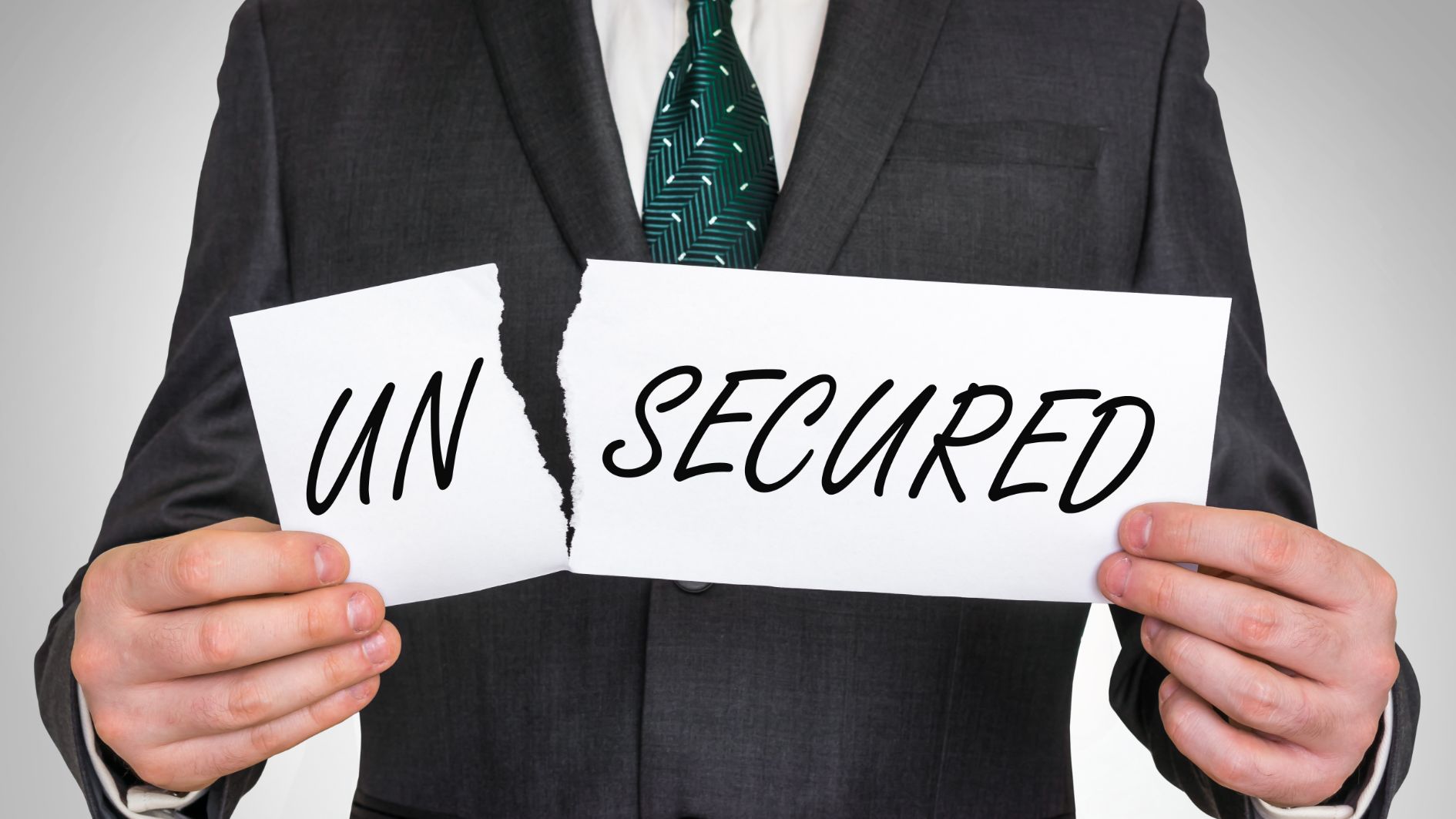Image source: Canva.com
There are various solar loan products available to finance the installation of a solar panel system. However, despite the numerous options, these loans can generally be classified into two broad categories: secured and unsecured solar loans. Secured loans are backed by your home equity, while unsecured loans are not.
Find the Perfect Solar System for Your Home Today!
Disclaimer: This article provides a general overview of solar loans and should not be considered professional financial advice. Do not make decisions based solely on this information. Always consult qualified professionals and credible sources before making financial, legal, or tax-related decisions regarding solar loans or other matters. Loan terms vary by lender and individual circumstances, so carefully review and understand any loan offer before accepting it.
Benefits by Loan Type: Which is Right for You?
Secured Loans
- Lower interest rates
- Interest payments are tax deductible
- No hidden fees
Unsecured Loans
- Quick approval process
- No property lien required
- Plenty of $0-down options
Secured Solar Loans: How They Work
With a secured solar loan, you use an asset—typically your home—as collateral. This provides security for the lender if you can’t repay the loan. If you default on the loan, the lender can place a lien on your property and potentially take possession to cover the debt.
Because secured loans use your home as collateral, lenders face less risk compared to unsecured loans.
Here are some important aspects of secured loans.
Lower credit score requirements
Often more accessible than unsecured loans.
No money down
Many secured loans require no down payment.
No prepayment penalties
You can pay off your loan early without extra charges.
Tax benefits
Interest paid on secured loans, such as home equity loans, is typically tax-deductible.
Popular Types of Secured Loans
Advantages
Lower interest rates
Typically lower than unsecured loans.
Tax-deductible interest
Applicable to many secured loans.
No hidden fees and payments
More straightforward fee structure.
Considerations
Equity requirement
Significant home equity is needed.
Risk of foreclosure
Your home can be repossessed if you default.
Long closing process
It can take several weeks to finalize.
Unsecured Solar Loans: How They Work
Unsecured solar loans do not require collateral, meaning you don’t risk losing your home if you default. However, these loans typically come with higher interest rates due to the increased risk for lenders.
Unsecured loans can be a convenient option if you prefer not to use your home as collateral.
Key aspects of unsecured loans include:
No collateral required
No risk to your property.
Quick approval
Often approved in minutes.
$0 down options
Many unsecured loans offer no money down.
Advantages
Quick approval
Faster than secured loans.
No property lien
Your home isn’t at risk.
Short-term cash flow
Suitable if you need immediate financial relief.
Considerations
Higher interest rates
More expensive over the loan term.
Non-tax deductible interest
Unlike secured loans.
Potential hidden fees
Be wary of additional charges.
Frequently Asked Questions About Solar Loan Options
Are you comfortable using your home as collateral for a secured loan?
Secured loans typically have lower total costs but require collateral. If your financial situation is uncertain, an unsecured loan might be safer.
Do you have sufficient home equity to qualify for a secured loan?
If you’ve already borrowed against your home equity or owe most of your mortgage, consider unsecured loans or a solar lease/PPA.
What are the loan interest rates?
Secured loans usually have lower rates (3-8%) due to lower lender risk. Unsecured loans can have hidden markups, so compare options carefully.
What are the terms of the loan?
Secured loans typically offer terms of 10-15 years, sometimes up to 20. Unsecured loans range from 5-20 years. Longer terms mean lower monthly payments but more interest over time.
What tax benefits come with solar loans?
Interest on secured loans is often tax-deductible, unlike unsecured loans.





